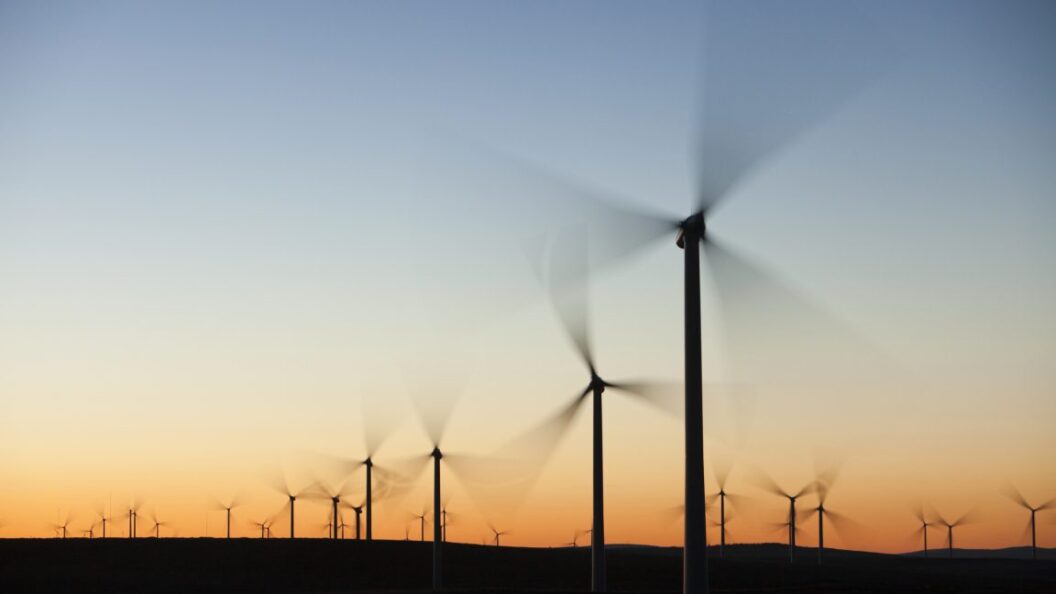The Rise of Anti-Wind Farm Activism: Analyzing the Roots of Resistance
Introduction
Recent academic research has identified a striking trend in the opposition to wind farms, revealing that belief in conspiracy theories significantly predicts resistance to these renewable energy sources. This resistance is strikingly less influenced by traditional demographic factors such as age, gender, education, or political alignment. The analysis highlights the challenges faced by advocates and policymakers in promoting sustainable energy solutions amid growing misinformation.
Conspiracy Thinking Drives Opposition
A study led by Kevin Winter and colleagues in Germany concluded that individuals’ belief in conspiracies plays a pivotal role in their opposition to wind energy, more so than any demographic variable. The findings are particularly concerning; attempts to counter these beliefs through factual information have been largely ineffective. In follow-up research assessing attitudes in the US, UK, and Australia, Winter’s team asserted that resistance to wind farms is often rooted in broader worldviews, rather than isolated concerns about wind energy itself.
Misinformation as a Barrier
Naysayers frequently argue that wind turbines are linked to numerous hazards, from environmental contamination to inexplicable changes in wildlife behavior—a sentiment echoed by former President Trump, who famously noted, “driving [the whales] loco.” Such beliefs find fertile ground in the perception of wind farms as symbols of climate policy and technological advancement, which can evoke fears about modernity, energy security, and governmental overreach. As Winter’s research points out, this creates significant communication hurdles for advocates of wind energy.
Underlying Cultural Dynamics
The motivations behind anti-wind activism extend beyond mere misinformation. The article delves into a more profound issue: the reluctance of certain groups to confront the environmental consequences of fossil fuel dependency, which once offered them prosperity and control. These individuals may express “anti-reflexivity,” or a refusal to acknowledge the negative aspects of their past success, which complicates discussions about transitioning to renewable energy.
Identity Politics and Climate Change
The rhetoric surrounding climate change is also intertwined with identity politics. In some online communities, especially within the "manosphere," climate advocacy is criticized as “effeminate,” further entrenching resistance among particular demographic groups. For many individuals, particularly white heterosexual men, the shift toward clean energy symbolizes a broader cultural transformation that they find disorienting. This discomfort ultimately manifests as anger and hostility toward initiatives such as wind farm development.
The Significance of the Findings
These findings are significant for several reasons. First, they underscore the challenges faced by advocates and policymakers aiming to galvanize support for renewable energy sources. As opposition rooted in conspiracy thinking is deeply entrenched, conventional approaches—such as presenting factual arguments—may prove futile.
Moreover, the intersection of cultural identity and environmental policy represents a growing concern. As power dynamics shift in society, reactions from those feeling marginalized or threatened can hinder progress on critical issues like climate change.
Conclusion
The research presented reveals that the resistance to wind farms is not merely a battle of facts, but a complex interplay of beliefs, identities, and emotions. Moving forward, it is essential for energy advocates and policymakers to recognize this complexity and develop strategies that address these deeper social and psychological factors. Understanding the profound significance of these cultural dynamics will be crucial for successfully navigating the challenges of the energy transition and combating misinformation in the pursuit of a sustainable future.









